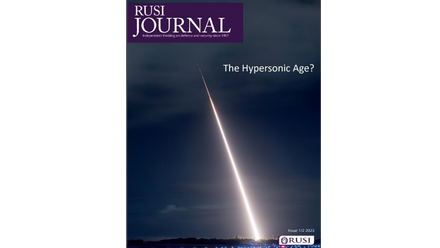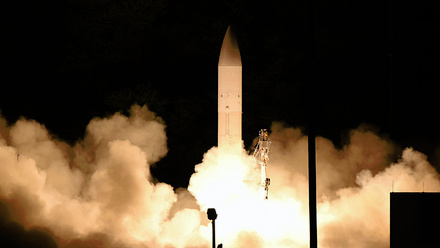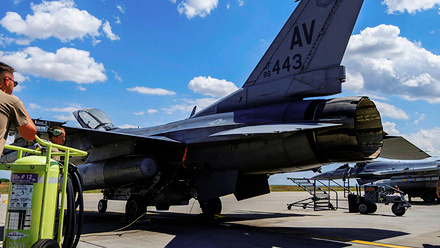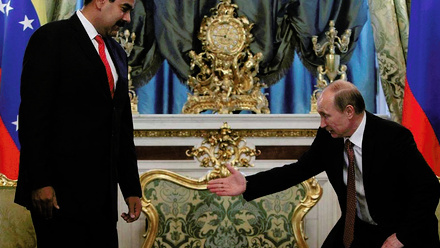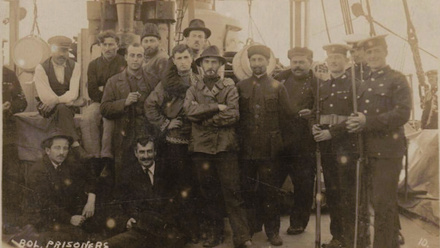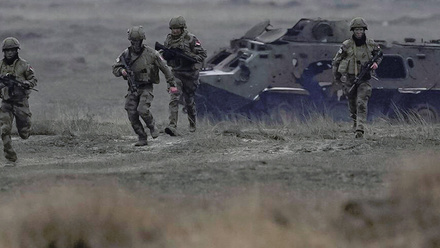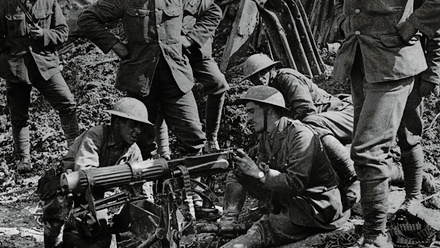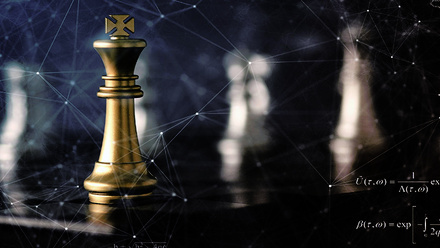Editor's Note (Vol 168 | Issue 1-2)
Already, 2023 has been a year marked by extraordinary technological leaps that are driving the global conversation about the relationship between humans and machines. This issue looks at innovation at large, encompassing not only the latest technologies on everyone’s lips, such as artificial intelligence, but a variety of examples and assessments of change and modernisation.
In the opening article, John McFarland considers the development of hypersonic weapons by the US, China and Russia, looking at its strategic repercussions and the likelihood of a new arms race.
Even the most advanced technology needs the right infrastructure and concepts if it is to be harnessed and deployed effectively: Thomas-Durell Young provides a detailed account of how Central and Eastern European Allies are handling the transition to fourth generation multi-role fighter aircraft, and the need to innovate at multiple levels for the transition to be successful.
Patrick Hinton reflects on how AI could be used to improve military recruitment by finding a way to analyse and deploy the information contained in the personnel data that militaries already record.
Joshua Stewart picks up on a different type of innovation, one that relies not on technology but on psychology, to put forward a new approach to national security interventions tackling extremism based on the concept of Integrative Complexity.
But what of countering actors who concentrated on developing their militaries for conventional operations while NATO and the West focused on counterterrorism and counterinsurgency? Alexander Lanoszka and Michael A Hunzeker assess the effectiveness of NATO’s Enhanced Forward Presence (eFP) as the Alliance’s innovative attempt to deter hostile actors in Europe. As evaluation is critical to improvement and performance, Richard Fisher applies the MoD’s current method of assessing military capability to look back at the historical record of machine gunnery in the British Army from the First World War to the 1960s.
Meanwhile, Dominik Juling looks at truck platooning as an example of the potential and limits of new technologies for military logistics in Europe.
As the war in Ukraine continues, its ramifications are felt across the world: Carlos Solar investigates how the Venezuelan regime of Nicolás Maduro is using the conflict to strengthen its anti-Western narrative; and Scott Sherriff looks back in time, to examine Britain’s intervention in the Russian Civil War and the political and military actors that drove it.
Finally, we present the winning entry of the 2022 Trench Gascoigne Essay Prize, in which Maurizio Recordati Koen goes back through the history of ‘strategy’ in a philological investigation of how ‘strategy’ transformed from an abstract, generic concept to a reified method with executive logic.
Dr Emma De Angelis
Editor, RUSI Journal

